You will learn:
Course time:
Accreditation:
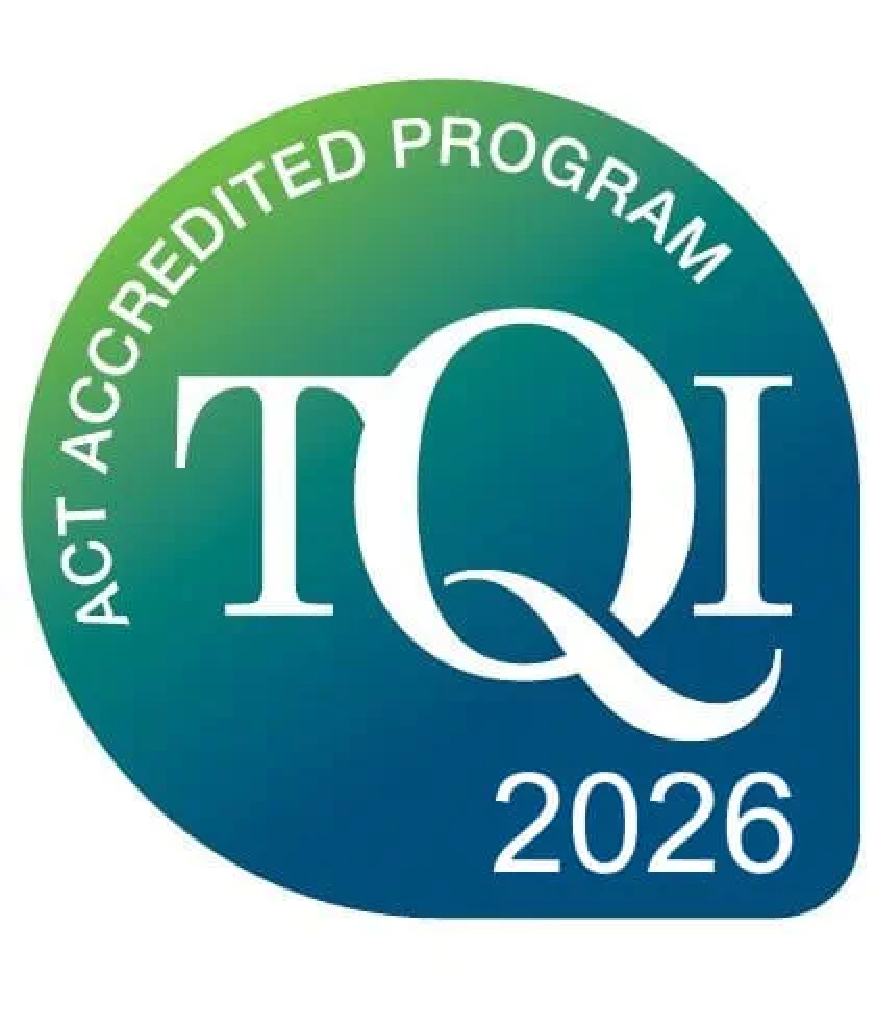


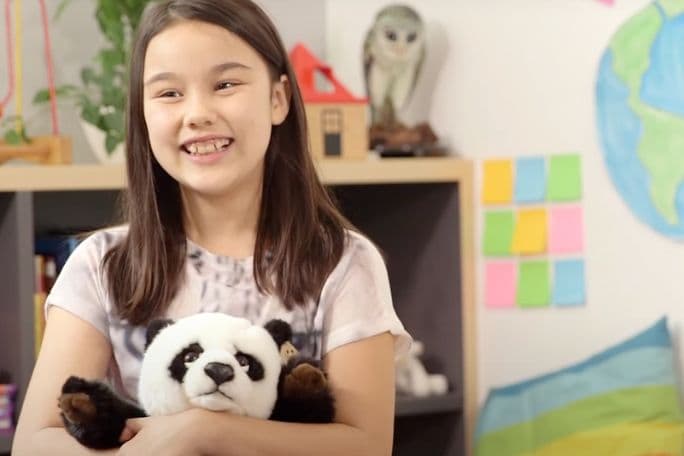
Introduction
WWF - Australia and Earth Hour
Young people and Climate Change
Set a learning goal
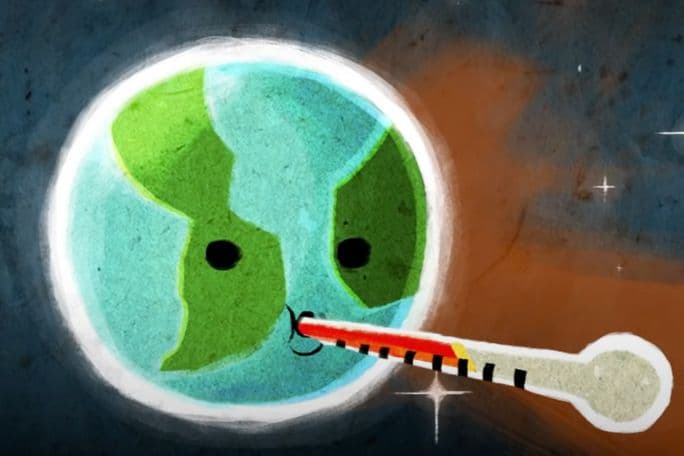
Weather and climate
Global Warming, Climate Change and Fossil Fuels
The Greenhouse Effect
Climate Change In Australia
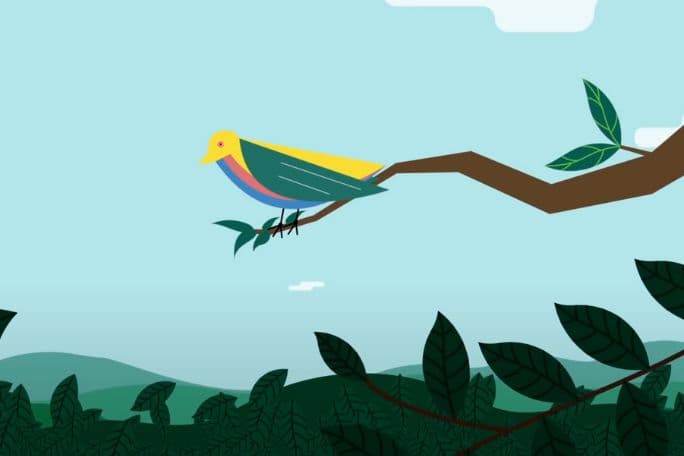
Caring for students' wellbeing
Animal Adaptation
Using Earth Hour to help animals
Human adaptation
Climate Change mitigation
Quick Check-In
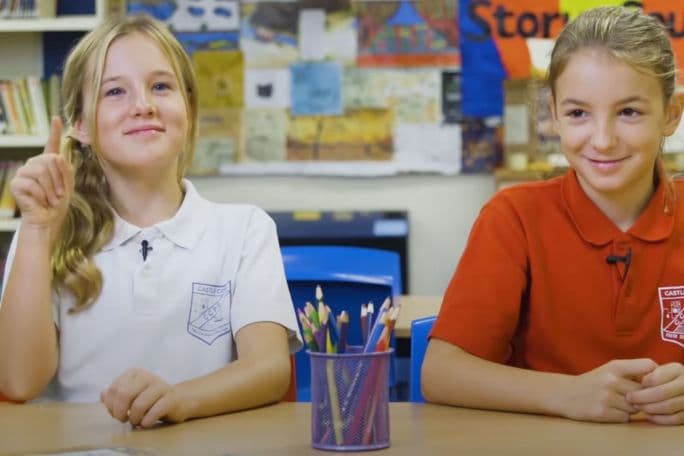
Earth Hour Schools Day
Finding room in the curriculum
Curriculum links
Teaching resources
Teaching tips
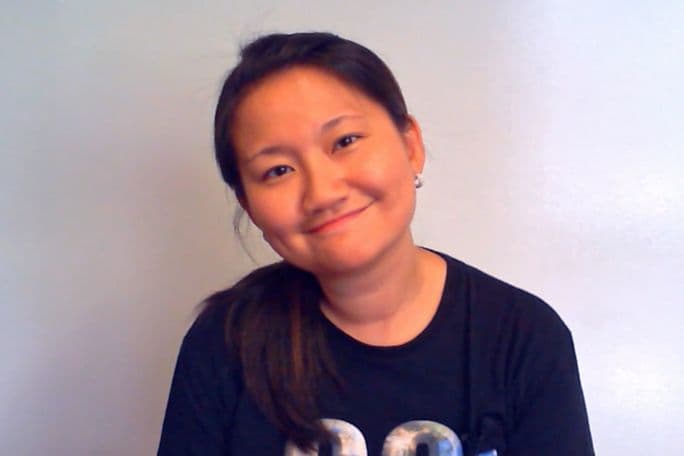
Reflect on your learning
Congratulations!
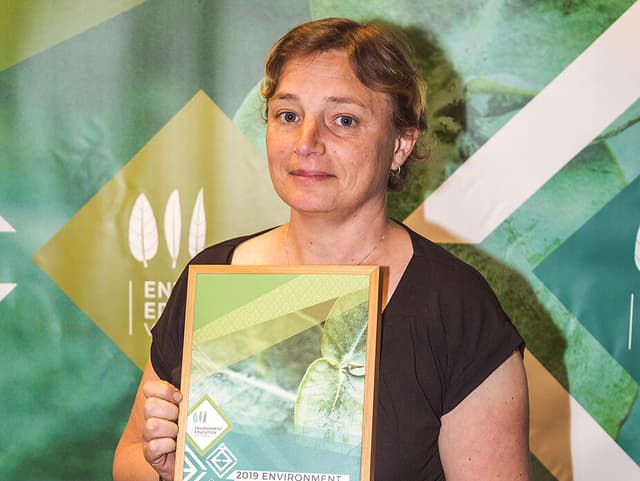
Interviews with Loretta Leary
Loretta is an experience classroom teacher at Mount Waverley Primary School. For over 17 years, she has been developing her school’s sustainability program and curriculum scope and sequence. Loretta won the Sir John Monash Award for Sustainability Leadership in 2016 and the ResourceSmart Schools Sustainability Teacher of the Year in 2017.

Andrew Vance is an award-winning science teacher at Melbourne Girls’ College. Self-confessed ‘fish geek’, and solar and pedal power enthusiast, Andrew is passionate about igniting a love of learning in his students. Andrew is also a part-time stay at home dad who is very proud to have put three kids through cloth nappies.